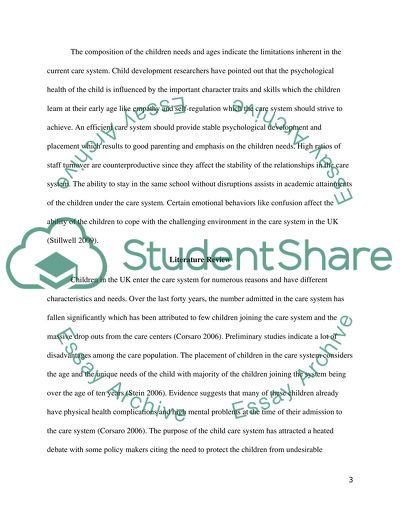Cite this document
(“Exploring the perceptions and experiences of young people leaving in Essay”, n.d.)
Retrieved from https://studentshare.org/education/1393684-exploring-the-perceptions-and-experiences-of-young
Retrieved from https://studentshare.org/education/1393684-exploring-the-perceptions-and-experiences-of-young
(Exploring the Perceptions and Experiences of Young People Leaving in Essay)
https://studentshare.org/education/1393684-exploring-the-perceptions-and-experiences-of-young.
https://studentshare.org/education/1393684-exploring-the-perceptions-and-experiences-of-young.
“Exploring the Perceptions and Experiences of Young People Leaving in Essay”, n.d. https://studentshare.org/education/1393684-exploring-the-perceptions-and-experiences-of-young.


